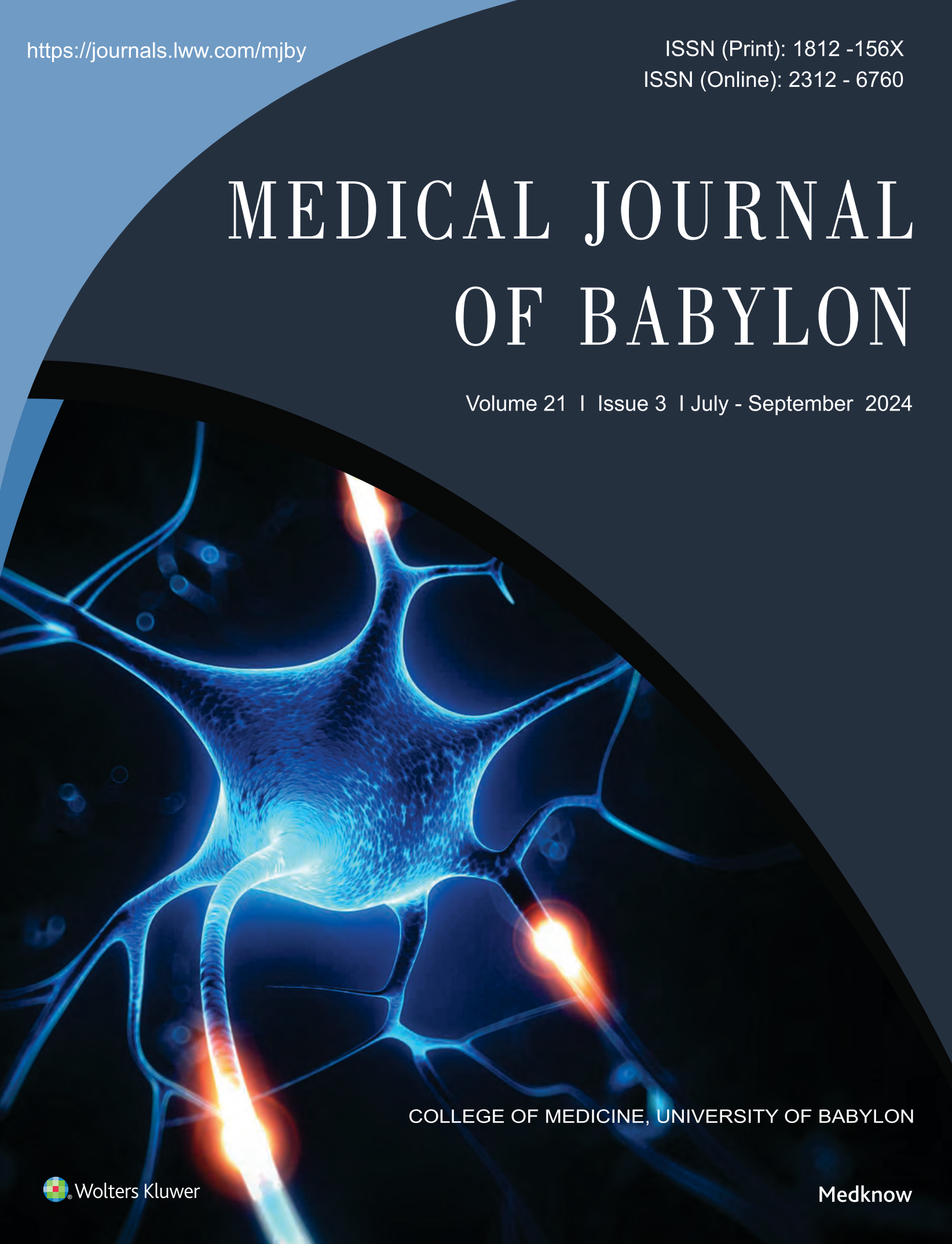Abstract
Eating and drinking are essential for life. There are clinical situations that
artificial hydration is necessary. For dying patients artificial hydration looks useless
and in many conditions could even be harmful (e.g. pulmonary edema in
hypoalbuminemic patients). In our medical culture artificial hydration is a symbol of
care to the patient and withholding it, is a very emotive issue, especially to the family.
Attention to autonomy, explanation about advantages and disadvantages of artificial
hydration to the family and reassure them that the patient will be looked after and
kept comfortable till the last seconds might be the solution of this ethical dilemma.
artificial hydration is necessary. For dying patients artificial hydration looks useless
and in many conditions could even be harmful (e.g. pulmonary edema in
hypoalbuminemic patients). In our medical culture artificial hydration is a symbol of
care to the patient and withholding it, is a very emotive issue, especially to the family.
Attention to autonomy, explanation about advantages and disadvantages of artificial
hydration to the family and reassure them that the patient will be looked after and
kept comfortable till the last seconds might be the solution of this ethical dilemma.
